What is Life Like in Egypt
?
- Life in Egypt can be an ideal solution for who seeks diving into the gate of the middle eastern world, with its vivid cultures and rich customs. Living in Egypt is safe and dependable and suits the students with tight budgets. However, it will be useful if you are aware of the following points before coming to Egypt.
Religious Limits
- When talking about life in Egypt, we must talk about religious rules. Devout Muslims do not drink alcohol though most do not object to others imbibing in reasonable amounts. If in doubt, ask. In addition to the prohibition on alcohol, the faithful don't use drugs or eat pork, which is considered unclean. Explicit sexual material--magazines, photos, tapes, or records--is illegal and subject to confiscation.
Keep in mind that proselytizing is illegal in Egypt. Foreigners actively working to convert Egyptians have been asked to leave. Remember, almost all the Egyptians are either conservative devoted Moslems or Coptics.
Moral Codes
- In Egypt, there are hardly any restrictions on foreign women. Ticket lines, for example, are occasionally segregated. Women should line up with other women (especially since the lines are usually shorter). On buses, the driver may want you to be seated in the front with other women. On the metro lines, the first car is usually reserved for women. For men, speaking to an unknown Egyptian woman is a breach of etiquette.
Take care of any liaisons you form because some families still follow ancient traditions. A man who expresses himself physically in public to a woman (it doesn’t matter if she is his wife) incurs the belief that she is, to put it politely, “loose”. While it is inappropriate to touch a woman in public, don’t be surprised to see men holding hands, with arms wrapped around each other or kissing each other on the cheek in greeting. Friendships between men are an important part of the culture and because the assumption is that homosexuality and bisexuality don’t exist, men are physical with each other.
Weather
- Egypt’s climate is superb with long sunny days, little rainfall and light winds to keep the temperature pleasantly cooler. The southern areas of Egypt are hotter than the northern areas and further inland temperatures become hotter.
Cairo gets particularly hot from May to October which is summer and winter from November to April still remains pleasant. We would advise light cotton clothing to aid in keeping cool and a lightweight jacket or jumper for evening wear.
currency
- There are one hundred piasters in one Juineeh (commonly referred to as the Egyptian Pound or LE). Notes come in increments of .25, .50 piasters, 1, 5, 10, 20, 50, and 100. Dollars are the most commonly acceptable alternative currency.
Castronomy
- Egyptian gastronomy is a mixture of Middle Eastern, Arabic, African and Asian foods. Meat is usually grilled, roasted or minced and lamb or chicken are popular amongst Egyptian's.
A lot of locals use fava beans and chickpeas which are often used to make tahini and hummus, and with garlic added you will have a delicious flavor and wholesome food.
Moussaka is a popular dish made with eggplant (aubergine), potatoes and a white sauce. Rice is served with most meals and vegetables like cabbage, cauliflower, potatoes, and okra are used in everyday dishes.
A typical Egyptian dish is called T'amivaa. This dish has a combination of noodles, onions, rice, lentils, tomato puree, and chickpeas. Shish kebab is popular and sometimes served with accompaniments of tahini sauce, tomato salad, and pita bread. Lots of different salads are served as appetizers which include ingredients like tomato, onion, mint, coriander, and peppers. Other dips offered with pita bread are hummus, tahini or babaganoush.
Always be alert that vegetables, fruit, and salads are not washed in untreated water. It is one of the frequent health problems in Egypt. And finally, don't forget to try the coffee which is served strong, hot and very sweet.
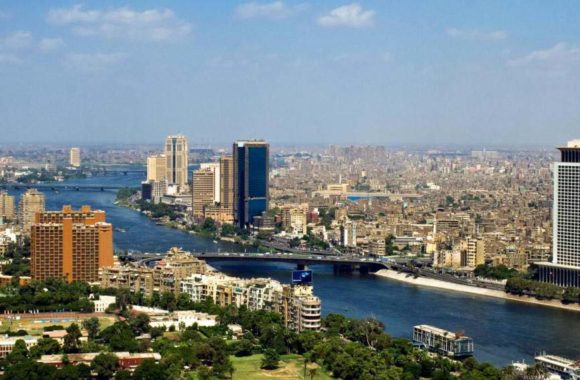
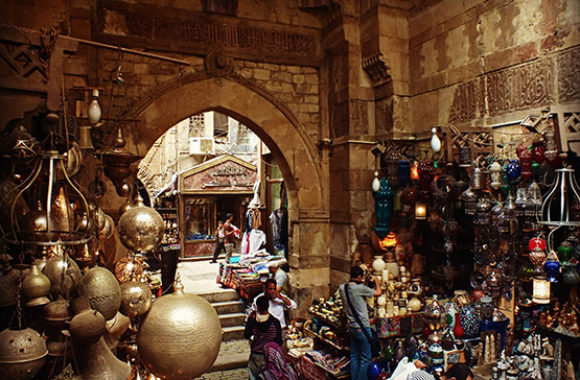
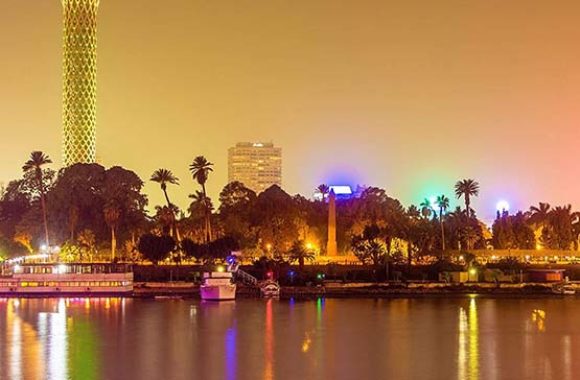
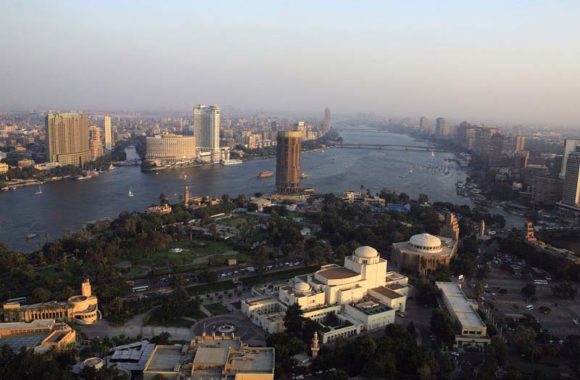
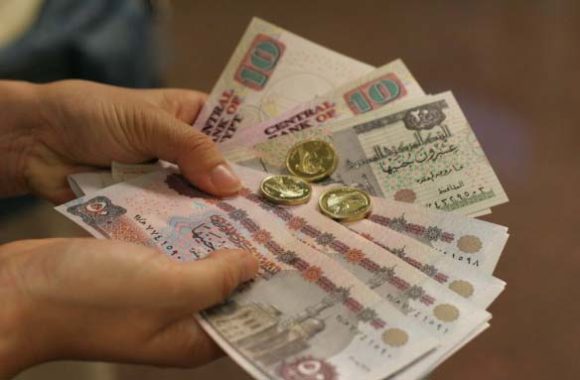
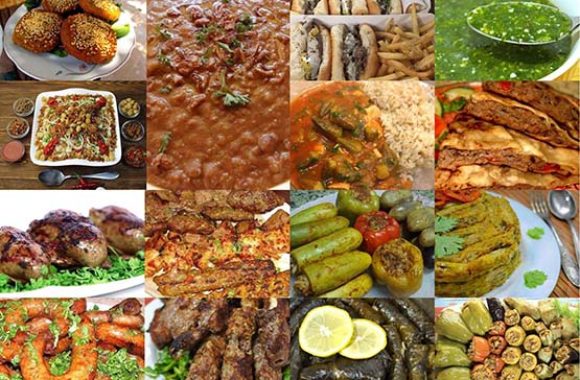

Comments
Post a Comment